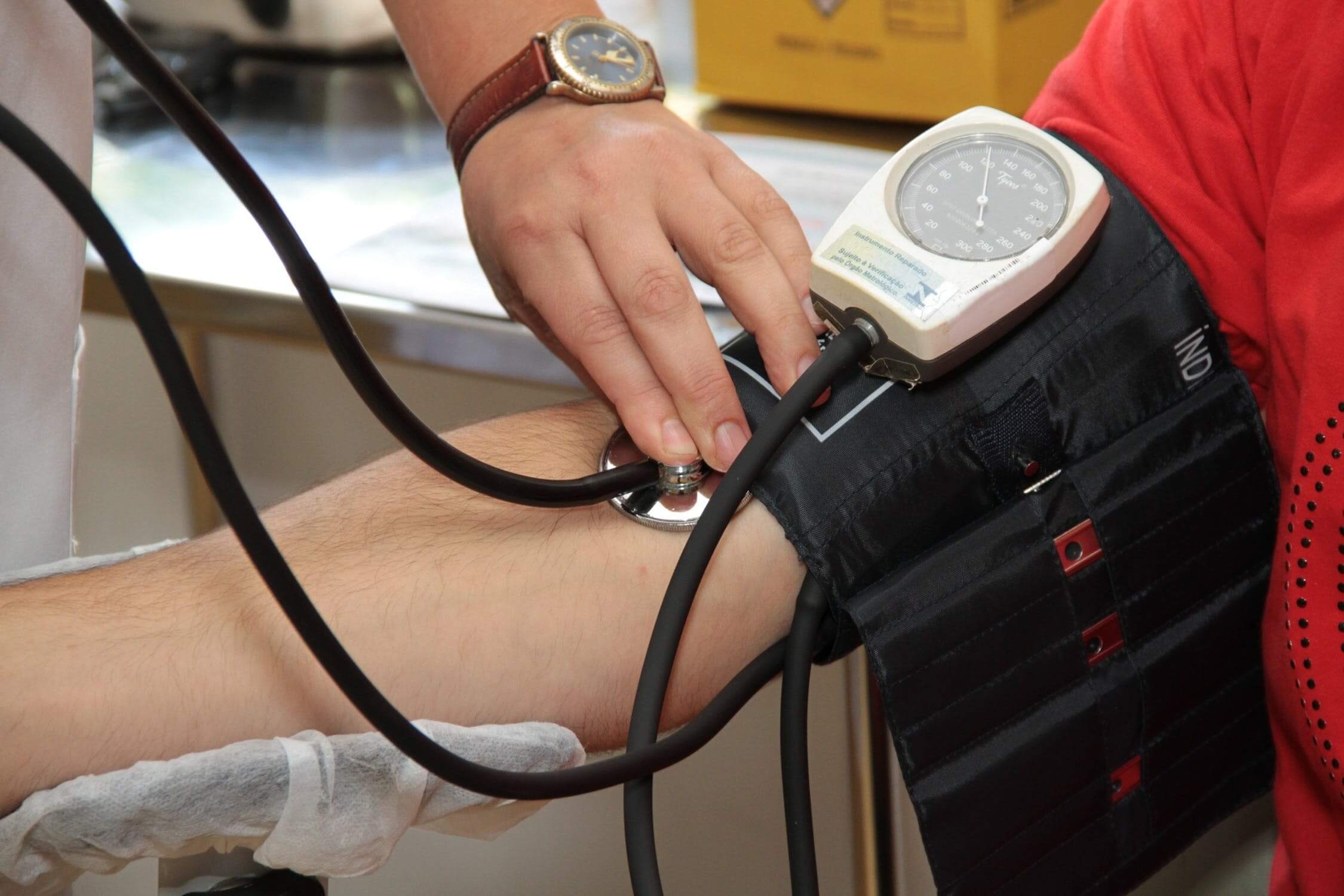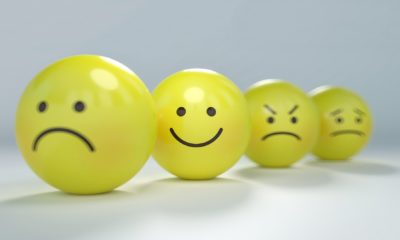Business
Is the workplace becoming a dangerous place for employees’ health?
Some countries in Asia have reported employees dying due to overwork.

Early last year, public relations practitioner Mark David Dehesa from advertising and PR agency Ogilvy & Mather Philippines died from heart failure while working during one weekend.
After his death, it was discovered that Mark worked early Friday and well into the night before he asked colleagues to bring him to the hospital where he died later on. The cause of death is overfatigue brought about by too much work, which complicated a case of pneumonia that he was apparently suffering.
In December 2016, Tadashi Ishii resigned as the Chief Executive Officer of Dentsu Global, one of the world’s largest holding companies, days after federal officers released a finding that one of his employees, 24-year-old Matsuri Takahashi, killed herself in 2015 due to work stress.
According to reports, Takahashi, an account manager, logging in almost 100 hours of overtime in a month before killing herself.
Dentsu was then accused a year after for violating humane work standards, particularly about forcing their employees to render overtime without pay. Takahashi was said to have been so overworked that she slept on 10 hours a week.
Death caused by stress from the workplace has become such a norm that people hardly notice this serious problem — one that needs unfortunate events such as those mentioned before considering the importance of having work-life balance. In fact, being overworked is so common in some countries like Japan that the situation has actually coined a word in the 1970s: karōshi, which means “overworked death.”
But even without stress leading to death, there’s no denying the fact that the workplace has become such a stressful environment for some. Recent studies conducted in Ireland’s corporate scene showed that only one in five employees feel extremely satisfied or at ease with their current work-life situation.
Additionally, the study conducted by Vhi Health Insights Report on mental health in corporate workplaces also revealed that the stress level there has increased in the last two years.
For the study, mental health was chosen as the first theme for work stress cause since it is now a growing concern in the country, especially for women below 34 years of age and those working in the tech sector.
Based on the study, if not addressed, work stress can lead to anxiety and depression, among other mental health issues.

Chronic stress can lead to the development of high blood pressure and heart problems. (Source)
Aside from this, mental and emotional health concerns can have some serious physical effects on the body, so it should also be prioritized. High levels of stress can affect the heart in particular, and Stanford Cardiovascular Health medical director Dr. Alan Yeung said that the kind of stress people suffer from is called chronic stress — one that builds up over time.
Chronic stress is brought about by unhealthy habits like poor diet, lack of exercise, and spending long hours at work. It affects the body because it usually results in high blood pressure and high levels of cholesterol, which could eventually lead to serious problems like heart disease before escalating to heart failure.
According to data from the Centers for Disease Control and Prevention, about six million Americans have issues concerning their heart or has heart failure. Those suffering from this condition often feel symptoms like shortness of breath, chronic coughing, fatigue, nausea, confusion’ and lack of appetite among others. What’s worse, is that half of the people diagnosed with heart failure die after five years of prognosis.
How to handle stress from work
After the death of Dehesa, some of his colleagues expressed concerns regarding prevailing issues of stress in the industry. This prompted one of his co-workers, Jeff Stelton, to say in a now-deleted social media post, “Clients always ask for something good. We do it almost to the point of martyrdom; sacrificing our time with our families, dates with our loved ones, but most importantly, our health. But with the untimely passing of yet another young colleague, I feel like it’s time we say ‘no’ to this unnecessary martyrdom. It’s time to say no to getting up for a 9 a.m. presentation when you finished work at 4 in the morning.”
Stelton also asked that companies and their clients should be “reasonable” with the amount of work they hand their employees.
The American Psychological Association also shared some tips on how to deal with stress in the workplace.
First, people need to track their stressors by keeping a journal, so they can remember how they reacted to it. Next, they should develop some healthy response to stress, which means that instead of stress eating, they should channel stress via healthier choices such as exercise. Third, and probably one of the most important, is to take some time to recharge. If you’re planning to bring some work home, don’t.
Next, learn how to relax during stressful situations. Meditate, have a calming cup of tea, or listen to some soothing music. Next is to talk to your supervisor. Most of the time, the bosses are probably not aware that you’re already feeling overworked. Be open and let them know that stress in the office is already taking a toll on your well-being.
And last, but not the least, is to get some support. You’ll be surprised to know that your office probably has some very good support group and clubs that can help lower stress levels. Ask your human resources department for some advice, and do it soon. The bottom line is you should learn to address stress at the office; that’s always the first step to recovery.

-

 Fintech1 week ago
Fintech1 week agoSwissHacks 2026 to Launch Inaugural Swiss FinTech Week in Zurich
-

 Cannabis4 days ago
Cannabis4 days agoColombia Moves to Finalize Medicinal Cannabis Regulations by March
-

 Crowdfunding2 weeks ago
Crowdfunding2 weeks agoReal Estate Crowdfunding in Mexico: High Returns, Heavy Regulation, and Tax Inequality
-

 Cannabis1 week ago
Cannabis1 week agoSouth Africa Proposes Liberal Cannabis Regulations with Expungement for Past Convictions


























You must be logged in to post a comment Login